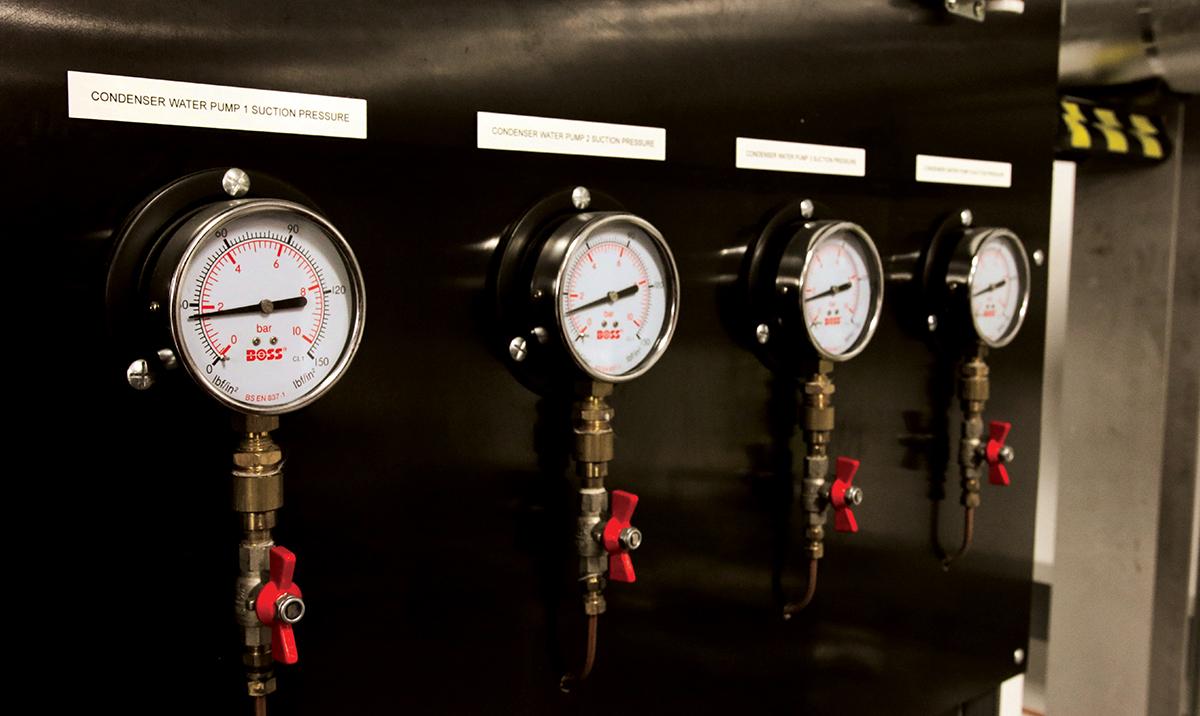Net Zero: investigating the energy use of ARCHER2
21 November 2022
UKRI is committed to net zero emissions by 2040. As part of this, it has recently funded the UKRI Net Zero Digital Research Infrastructure Scoping Project to investigate how UKRI can achieve net zero emissions in the digital research infrastructure (DRI) that it funds.
Digital Research Infrastructure (DRI) funded by UKRI covers a huge variety of things, from researchers’ laptops and the networking that connects research institutions across the UK together, up to large scale digital facilities. It also includes ARCHER2, the UK’s National Supercomputing Service based at, and operated by, EPCC.
As part of EPCC’s contribution to the Net Zero Scoping Project we are preparing a case study on ARCHER2, investigating the current greenhouse gas emissions arising from the energy required to operate the service (often referred to as Scope 2 emissions). The study will look at everything from the type of energy used by the service (electricity is procured through renewable sources which are REGO certified) through to the energy used by different software and research communities and hence their impact on Scope 2 emissions.
Looking at Advanced Computing Facility (ACF), EPCC’s data centre where ARCHER2 is housed, we utilise free-cooling as much as possible; this is the cooling of systems solely using outside air via water pumped to fans on our roof. Our systems will automatically use this whenever outside air temperatures are sufficiently low. We would typically expect to make use of free-cooling where the outside air temperature is 12 degrees centigrade or less, which is quite often in Scotland!
This summer we also experienced extreme heat events, and we have been preparing robust plans that will allow the temperature of the cooling water to be controlled while maximising workload and minimising the impact on our users.
A key area of research is how the energy use of individual software and research areas impacts on total energy consumption (and emissions) and whether strategies to influence service operation and user behaviour to reduce emissions are possible. Our energy usage and emissions investigations around software and research areas is closely linked with the work of one of the Net Zero sandpit projects, HPC-JEEP.
The full report is due by the end of 2022.
Net Zero sandpit projects
EPCC is involved in four Net Zero sandpit projects:
• HPC-JEEP (High Performance Computing: Job Efficiency and Energy Usage, Monitoring & Reporting)
• ENERGETIC (ENergy-aware hEteRoGenEous compuTIng at sCale)
• ARINZRIT (Applying Responsible Innovation to the Net Zero Research Infrastructure transformation)
• IRISCAST (IRIS Carbon Audit SnapshoT).
UKRI Net Zero Digital Research Infrastructure Scoping Project


